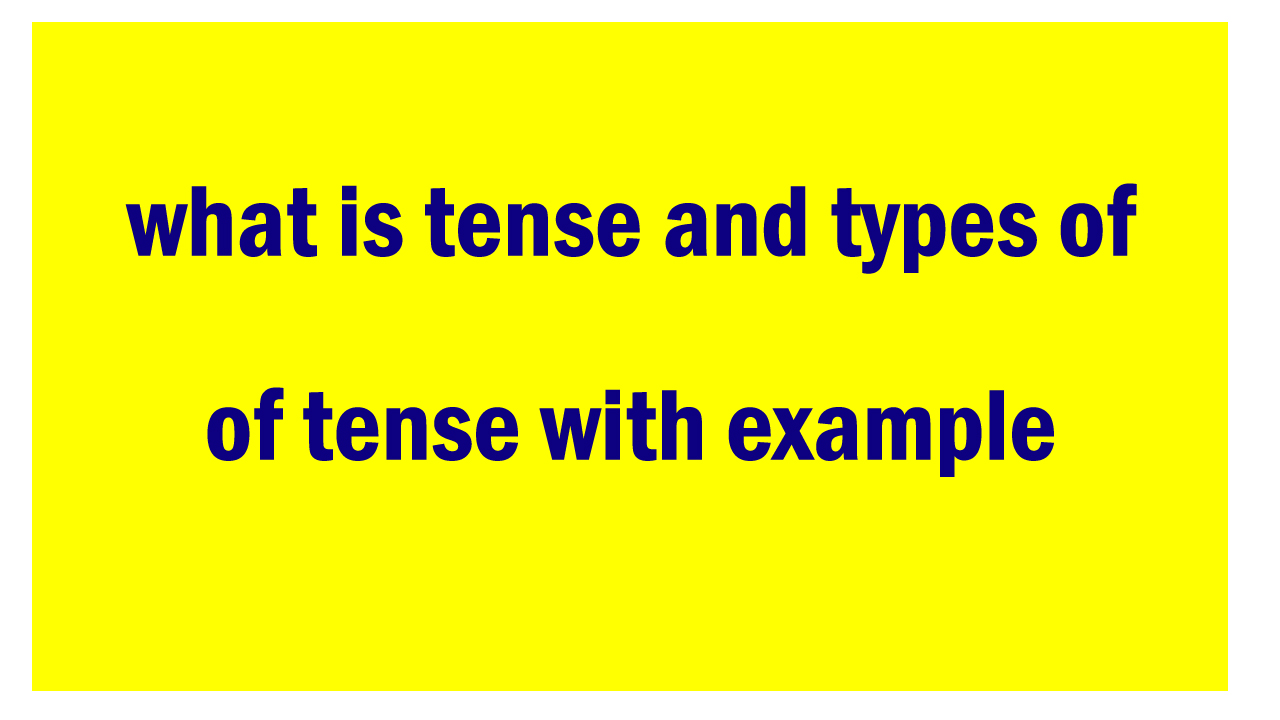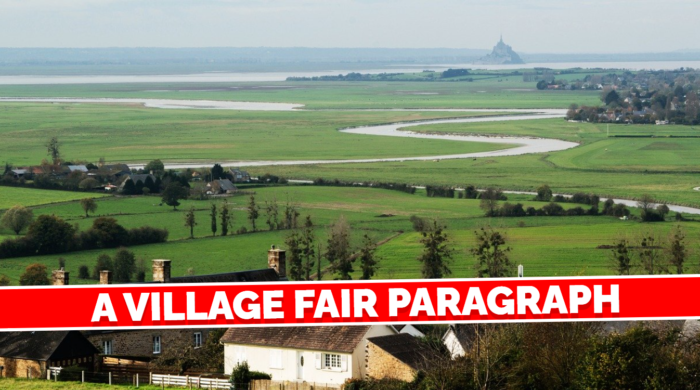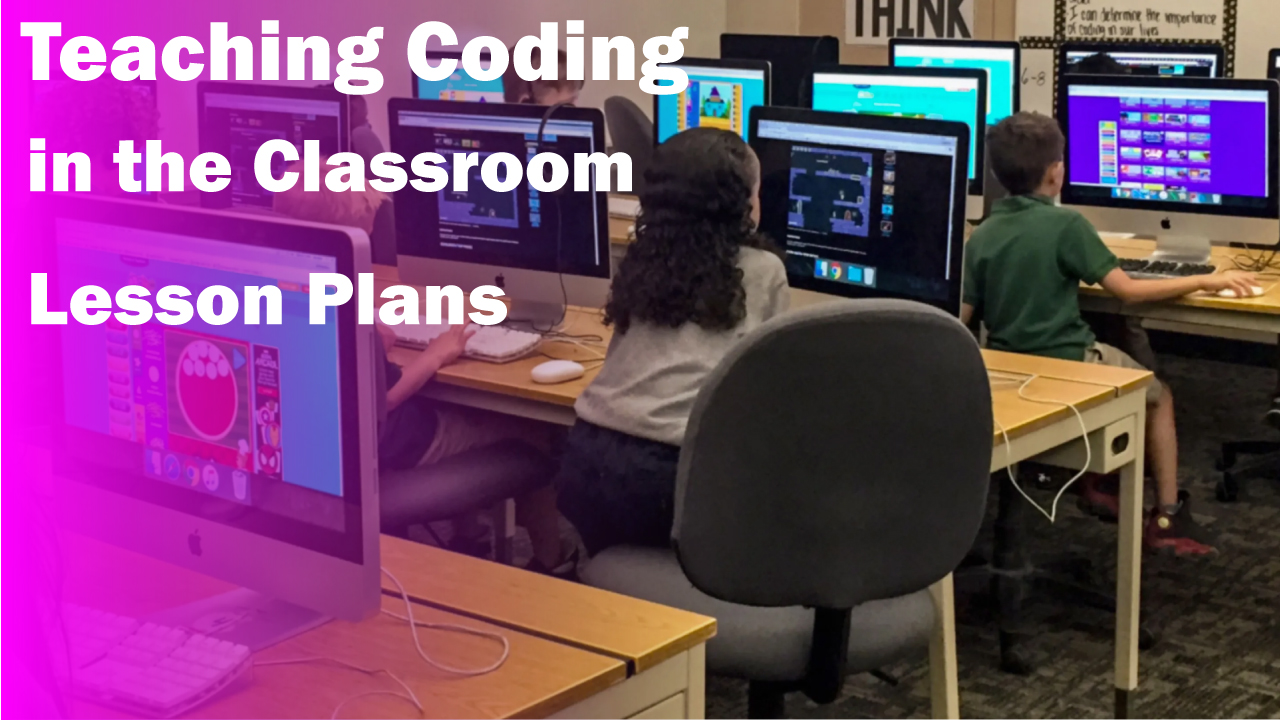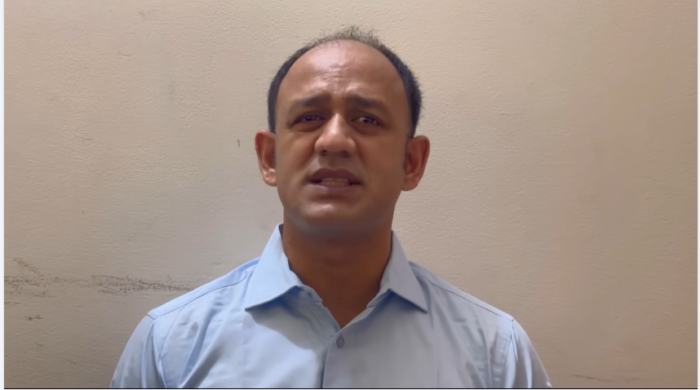what is tense and types of tense with example

Understanding Tense: Exploring Types of Tenses with Examples
In the world of English grammar, tense plays a crucial role in conveying the timing of actions or events. It’s like a linguistic time machine that helps us understand when something happened, is happening, or will happen. Whether you’re an English language enthusiast or just someone looking to improve their writing skills, mastering the concept of tense is essential. In this article, we’ll delve into the intricacies of tense, exploring its various types with illustrative examples.
Table of Contents
- Introduction to Tense
- Present Tense
- Simple Present Tense
- Present Continuous Tense
- Present Perfect Tense
- Present Perfect Continuous Tense
- Past Tense
- Simple Past Tense
- Past Continuous Tense
- Past Perfect Tense
- Past Perfect Continuous Tense
- Future Tense
- Simple Future Tense
- Future Continuous Tense
- Future Perfect Tense
- Future Perfect Continuous Tense
- Mixed Tenses
- Tense Consistency in Writing
- Common Mistakes to Avoid
- Tense and Narrative Style
- Using Tense in Conversations
- Tips for Teaching Tenses
- Exercises to Improve Tense Usage
- Tense in Literature
- Tense in Reporting
- The Evolution of Tense in English
- Conclusion: Mastering the Art of Tense
Introduction to Tense
Tense, in grammar, refers to the form of a verb that indicates the time at which an action occurred. There are three primary tenses in English: past, present, and future. Each of these tenses can be further divided into various forms to express actions more precisely.
Present Tense
Simple Present Tense
The simple present tense is used to describe actions that are habitual, general truths, or routines. For example, “She walks to work every day.”
Present Continuous Tense
This tense indicates actions that are happening at the moment of speaking. For instance, “They are playing football in the park right now.”
Present Perfect Tense
The present perfect tense is employed to convey actions that happened at an unspecified time in the past but have relevance to the present. “I have visited Paris.”
Present Perfect Continuous Tense
This tense emphasizes the duration of an action that began in the past and is continuing into the present. “She has been studying for hours.”
Past Tense
Simple Past Tense
Use the simple past tense to narrate events that occurred and were completed in the past. “He finished the book yesterday.”
Past Continuous Tense
The past continuous tense describes actions that were ongoing in the past at a specific time. “She was reading a novel when the phone rang.”
Past Perfect Tense
This tense is for actions that were completed before another action in the past. “They had already eaten when I arrived.”
Past Perfect Continuous Tense
It signifies the duration of an action that occurred before a specific point in the past. “He had been working all night before the meeting.”
Future Tense
Simple Future Tense
The simple future tense is used for actions that will happen in the future. “She will travel to Japan next month.”
Future Continuous Tense
This tense indicates actions that will be ongoing at a particular time in the future. “At 3 PM tomorrow, I will be attending a meeting.”
Future Perfect Tense
The future perfect tense describes actions that will be completed before a specific future point. “By this time next year, I will have graduated.”
Future Perfect Continuous Tense
It emphasizes the duration of an action that will occur before a particular point in the future. “In six months, he will have been working here for a decade.”
Mixed Tenses
In real-life scenarios, writing often involves a mix of tenses to convey complex ideas and sequences of events accurately.
Tense Consistency in Writing
Maintaining consistency in tense throughout your writing is crucial for clarity and coherence.
Common Mistakes to Avoid
Learn about common tense-related errors to enhance your writing skills.
Tense and Narrative Style
Discover how authors use tense to craft compelling narratives.
Using Tense in Conversations
Explore how tense influences everyday conversations.
Tips for Teaching Tenses
If you’re an educator, find valuable tips for teaching tenses effectively.
Exercises to Improve Tense Usage
Enhance your grasp of tenses with practical exercises and drills.
Tense in Literature
See how famous authors use tense to create literary masterpieces.
Tense in Reporting
Understand the role of tense in news reporting and journalism.
The Evolution of Tense in English
Trace the historical development of tense usage in the English language.
Conclusion: Mastering the Art of Tense
Tense is the backbone of effective communication in English. By understanding and using the various types of tenses correctly, you can elevate your writing and communication skills to new heights.
FAQs
- What is the importance of learning tenses in English?
- Learning tenses is crucial as they help us convey the timing of actions accurately, enhancing the clarity of our communication.
- Can tenses change the meaning of a sentence?
- Yes, the choice of tense can significantly affect the meaning of a sentence, indicating when an action occurred or will occur.
- Are there tenses in languages other than English?
- Yes, many languages, like Spanish, French, and German, have their own tense systems.
- How can I improve my tense usage in writing?
- Practice, read extensively, and seek feedback to refine your tense usage in writing.
- What is the most challenging tense to master in English?
- The usage of the future perfect continuous tense can be particularly challenging for learners due to its complexity.



























